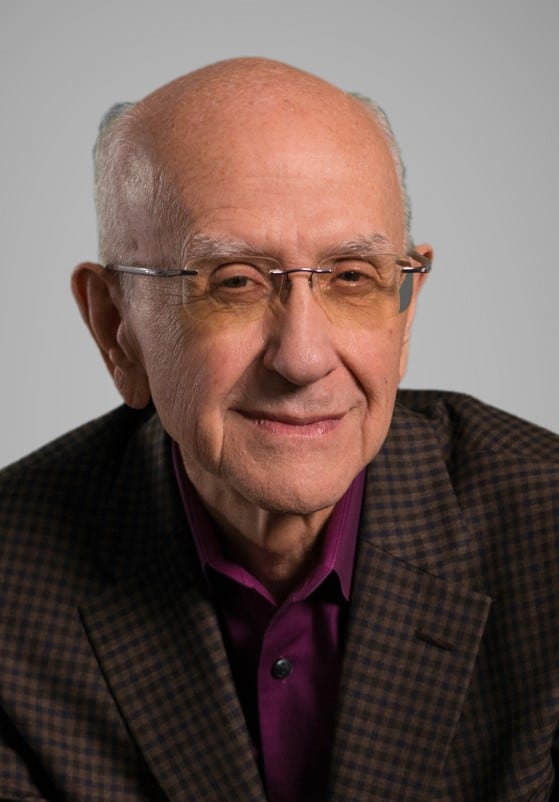The liver
Death rates from liver cancer have more than doubled since 1980 despite treatment advances and promising research and are expected to continue to increase through 2030. Liver cancer is often found when the
NASH overall is the number 4 killer of people in the 45 to 54 age group and liver cancer death rates are increasing rapidly.
NASH can affect people of any age. However, it’s found most often in people with health issues that include:
- Obesity
- Type 2 diabetes
- Insulin resistance
- High cholesterol
- High blood pressure
To learn more about the topic, we conducted an interview with Wayne Eskridge, Founder of the Fatty Liver Foundation.

Can you tell us more about the Nonprofit Fatty Liver Foundation?
The fatty liver foundation, is a result of me becoming a, a cirrhosis patient, uh, I was a typical American guy, uh, gained a pound or two a year for 50 years. I ended up in a doctor’s office being told I had cirrhosis without ever having had a symptom of any kind. And, uh-um, I-I changed my lifestyle and, uh, I’ve actually, uh, lost 70 pounds from my heaviest and my liver is much improved. So, one of the things I learned after my diagnosis was that the information that was available out there was really poor and very contradictory and a lot of-of, uh, bad information that leads patients astray. And based on my success, I decided I should share that. So, I started the fatty liver foundation and, our mission is to help people understand this
What is nonalcoholic steatohepatitis (NASH), and what mainly causes it?
Nash is the advanced form of fatty liver
NASH leads to liver cancer which has been on the rise since 1980 and is expected to continue to increase through 2030. Why is that? Where are the medical advancements from this issue?
It’s really on the rise just because of the numbers. Uh, there’s so many of us that are headed in that direction that, uh, you know–50 years ago, uh, fatty liver was unheard of that today it’s, it’s almost everybody that you see. Uh, so then the numbers of liver cancers will mirror the increasing, uh, poor health that we have as a society. The treatments and things that are being developed are, um, are hard to apply because people don’t find out they have liver cancer until quite late. Uh, so one of our goals that NASA is to bring awareness to the whole process and to get people engaged with their liver and their doctor earlier in the game so that they have an opportunity to have the time and that actually deal with these cancers because they, they have an opportunity to cure them or stop them if it, if it doesn’t become too advanced.
What age groups does NASH affect most?
Well obviously the, uh, the older generations are the bulls-eye, 50 plus the, the 50 plus obese person with type two diabetes is the bulls-eye. But it doesn’t, uh, it’s not just because you’re older. Nash and, uh, Nash complications are the number four killer of the 45 to 55-year-old age group. So, it’s young, it’s moving into younger and younger generations as our society becomes less well overall. So, it’s even showing up in teens today. We have an increasing, uh, incidents of cirrhosis in teens and young 20s and 30s. So, uh, we’re seeing it across the spectrum, but it does- it does track with age for the most part.
Are there health issues one might suffer from where NASH would be more likely to occur. Can you elaborate on that and show some examples on such health issues?
The liver is the primary chemical processor for the body, so it interacts with all other organs. So as, as you develop any kind of, uh, non-genetic driven
If a person has been diagnosed with NASH, what could he/she do to treat it or at least stop its progress?
It’s primarily a diet and lifestyle. The simplest way to think of it is don’t eat anything white. Don’t eat a lot of salts, don’t eat a lot of sugar, don’t eat a lot of, uh, white breads, potatoes. What you want to do is more like a Mediterranean diet with lots of fruits and vegetables and a lower saturated fat content to be eating more like your ancestors did, if you will, because these diseases were practically unheard of, uh, 50 years ago. And its a, it’s— if you could do one thing, it’s the–eliminate the sugar. You know, sugar has become the big driver for the
This interview has been sponsored by Nonprofit Fatty Liver Foundation
Digital Health Buzz!
Digital Health Buzz! aims to be the destination of choice when it comes to what’s happening in the digital health world. We are not about news and views, but informative articles and thoughts to apply in your business.


